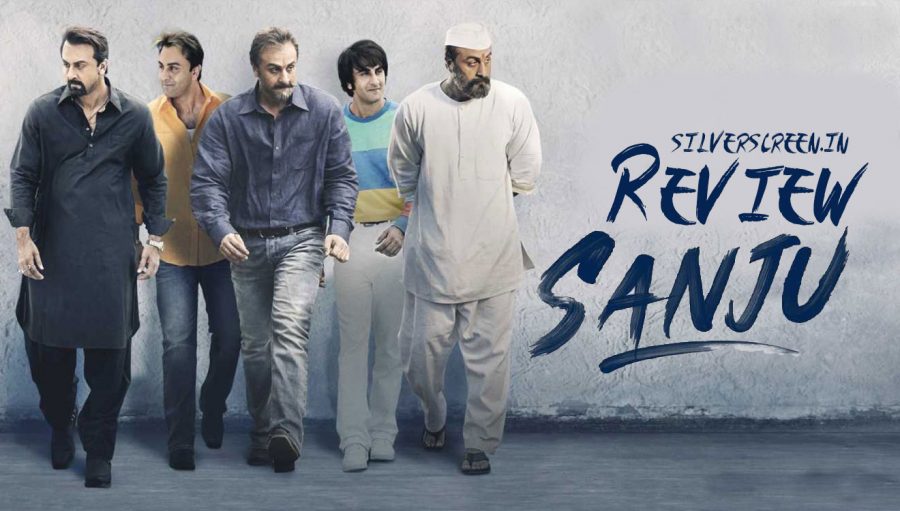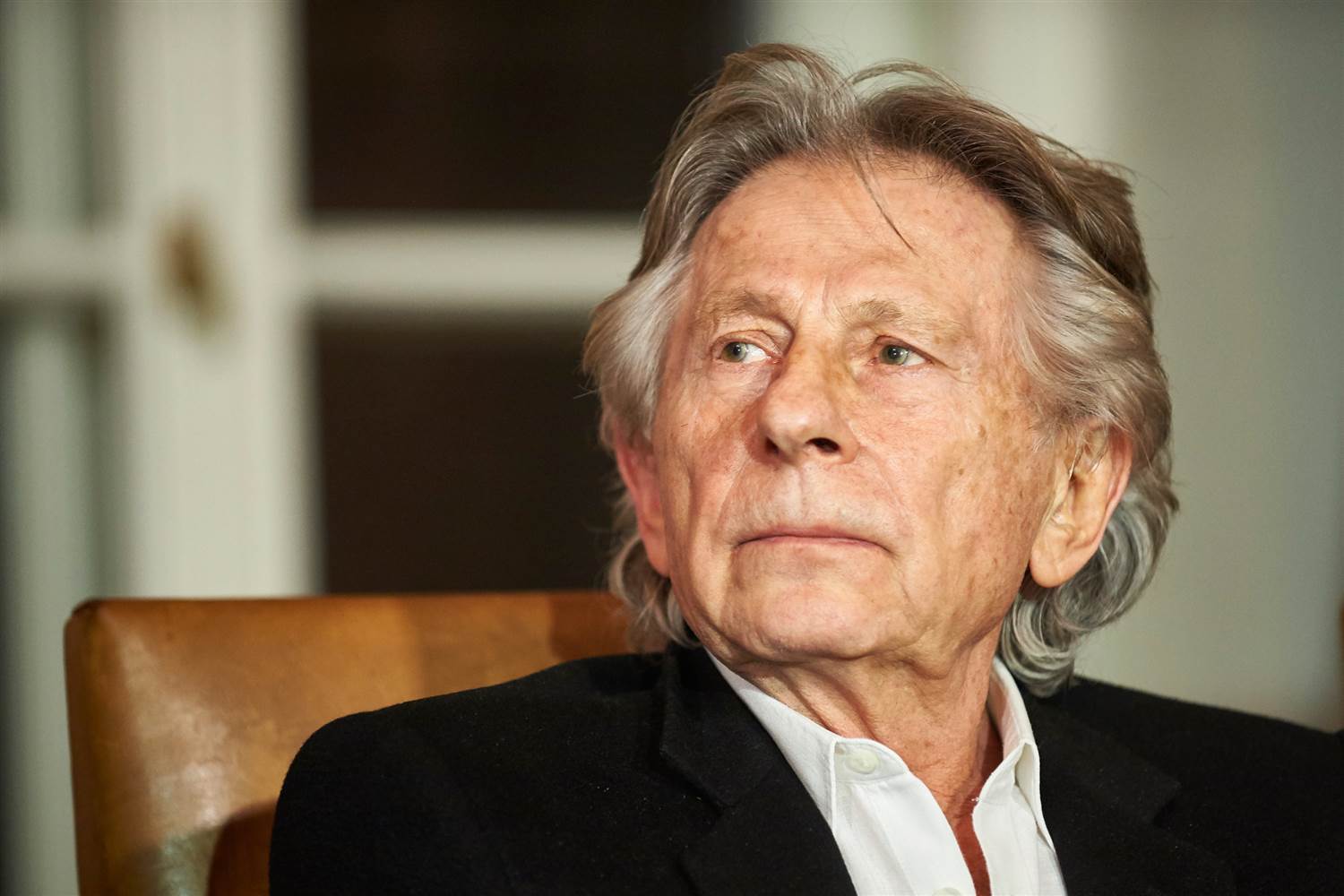Rajkumar Hirani made Munna Bhai MBBS when Sanjay Dutt’s sagging career needed a desperate boost. This was after he was jailed for charges under the Terrorist and Disruptive Activities (Prevention) Act (TADA). The story of the thug with a golden heart became a blockbuster and put Dutt back on the map as a lead actor.
The actor, now 58, went back to prison for illegal possession of arms, and has been laying low after his release in February 2016. This time, instead of offering him a film, Hirani has made a feature on his muse – Sanju Baba.
Dutt’s personal battles have always preceded his acting career. He entered the scene during a period when a star was created on film glossies and in gossip columns. As a result, the stories of his personal transgressions and losses, his long battle with substance abuse, numerous dalliances, and links with the Mumbai underworld reached mythical proportions. Hirani, by taking up a biopic on a Bollywood blue blood like Dutt, had the challenge of making him relatable to an audience who would rather junk the film magazines and interact with their stars directly on social media. And, the director achieved this feat by casting Ranbir Kapoor, an actor with a rakish personality off-screen and a chameleon-like ability to transform into any character on-screen.
The film opens with an irreverent scene where Dutt’s unofficial biographer narrates a chapter from the book, likening Baba to Bapu (Mahatma Gandhi). He says Bapu went to prison to fight for the country’s freedom, Baba went for his own freedom; Bapu advocated satyagraha, while Baba was all about Gandhigiri. With such a start, one would expect that the biopic would be bold enough to stay true to reality, and not worship its subject. Unfortunately, that’s not the case.
Sanju covers two distinct phases of Dutt’s life – his struggle with substance abuse and his being named an accused in the 1993 Bombay blasts case and for receiving arms and ammunition from gangster Abu Salem.
Sanjay Dutt was always aware that he was the son of Nargis and Sunil Dutt – whether he was shooting for his debut film Rocky or in a drug-addled haze. He is the quintessential rich boy constantly striving for his authoritarian father’s approval. Ranbir Kapoor captures the troubles of a self-destructive man-child perfectly. The confusion and vulnerability in his eyes, and his hopeless but sometimes comic attempts at redemption make you want to empathise with this rich spoilt brat even when he is stabbing himself with a drug-filled syringe while his mother breathes her last on a hospital bed or when he places the rim of a toilet seat around his girlfriend’s (a feisty Sonam Kapoor) neck after standing her up.
That Hirani likes to go back to his tried and tested storytelling methods is evident from the fact that Sanju has a central storyline that focusses on a bromance à la Munnabhai-Circuit style. There’s also the bit about Sanju Baba being a radio jockey from the confines of Yerawada Central Prison. Vicky Kaushal’s character of Kamlesh Kanhaiyalal Kapasi or Kamli is introduced as Sunil and Nargis Dutt’s fan. A night at a strip club leads to a long, unconditional friendship, with Dutt (in the film) saying it was him and his father who saved him from being destroyed by drugs. Vicky Kaushal matches Ranbir’s energy on-screen, and elevates the narrative. Paresh Rawal is unconvincing as the helpless, indulgent father who would go to any lengths to protect his son. Women are just props who keep the story moving and have no significant impact.
The second half of the film is dedicated to giving Dutt a clean chit and explaining why his getting labelled as a terrorist was a smear campaign. The film takes the moral high ground in lampooning the media for labelling Dutt a terrorist and writing him off, when the country’s highest court had acquitted him of the TADA charges.
Recommended
In this segment, Hirani has taken massive creative licences and used his signature melodramatic tropes to ‘create’ tear-jerking moments. While Dutt’s addiction is blamed on a drug peddler masquerading as a friend, the possession of illegal weapons is attributed to his need to protect his father and family. Dutt’s unprofessional behaviour and his sexual dalliances are brushed aside with lines such as “I have slept with 350 women, not counting the prostitutes.” His connection with Mumbai’s underworld dons are shown in a Gandhigiri-esque fashion; there is no mention of the frequent paroles granted to Dutt during his days in Yerawada and, most importantly, the film completely skips speaking about how his family used its political clout to get him out of jail and the numerous Bollywood insiders who helped him rebuild his career time and again.
The biopic is unapologetic in portraying Sanjay Dutt as a constant victim of his circumstances. What’s next? A biopic on how Salman Khan was conned into killing those blackbucks?
*****
The Sanju review is a Silverscreen original article. It was not paid for or commissioned by anyone associated with the movie. Silverscreen.in and its writers do not have any commercial relationship with movies that are reviewed on the site.



